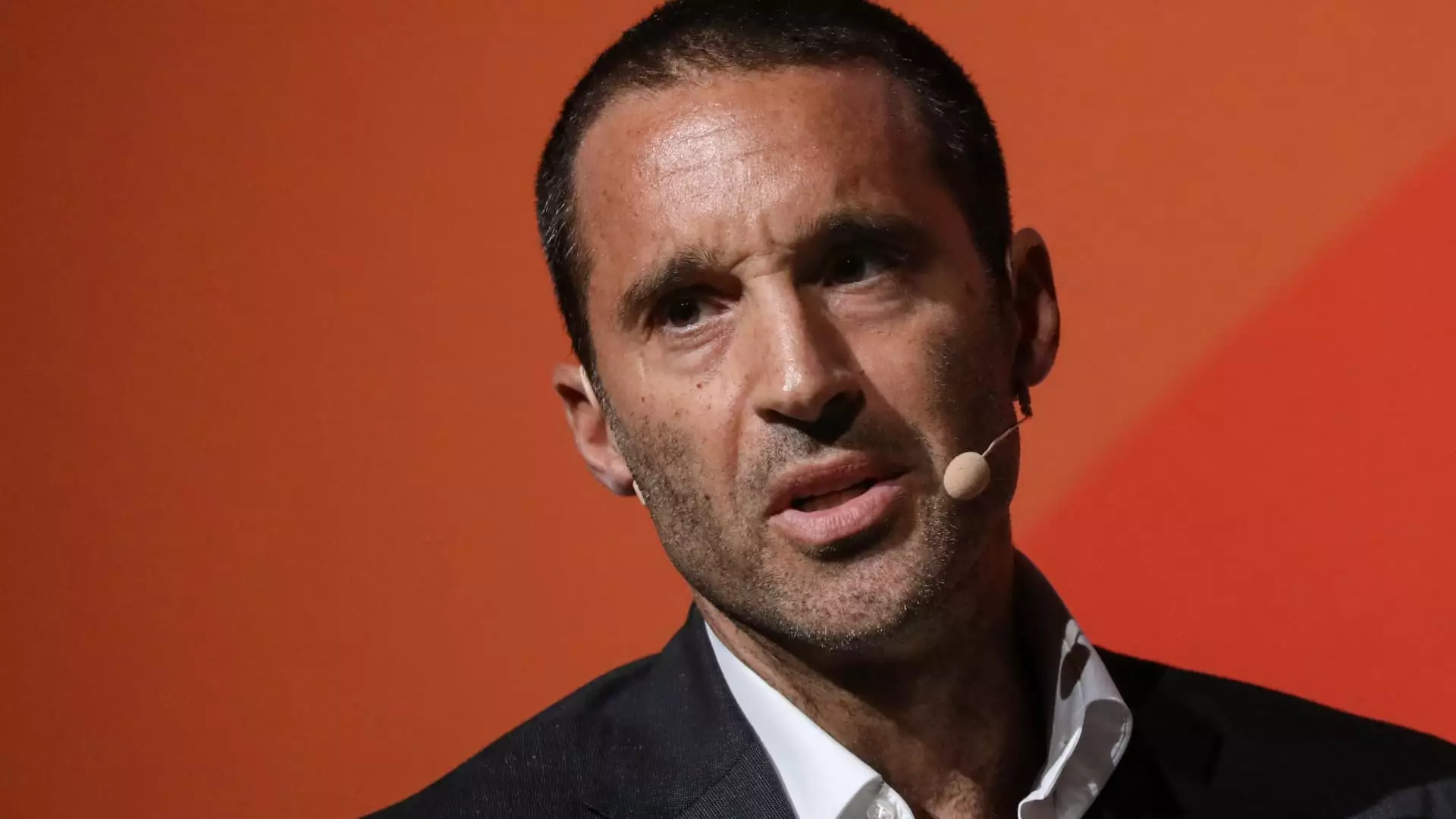In the evolving landscape of finance, hedge funds are often seen as barometers of market trends and investor sentiment. D1 Capital, led by the astute Daniel Sundheim, has made noteworthy adjustments to its portfolio, illustrating strategic pivots that emphasize both retraction and opportunity. The recent fourth-quarter report reveals a dual approach: exiting certain blue-chip positions while investing in burgeoning companies anticipated to thrive in 2025.
D1 Capital’s move to divest from high-profile stocks such as Bank of America and Microsoft indicates a calculated shift in strategy. While these companies have historically provided stability and consistent returns, Sundheim’s decision to reduce his stake in Amazon alongside the complete exits suggests a forward-looking approach, possibly in response to changing market dynamics or overvaluation concerns. Such moves can often signal a hedge fund manager’s confidence in redistributing capital toward enterprises with higher growth potential. Despite these exits, it’s essential to consider that the fluidity of the market can often bring back former favorites into a fund’s portfolio, contingent upon economic conditions and performance metrics.
Conversely, D1 has concentrated its investments on companies that are currently trending positively. The inclusion of 3M, AppLovin, and Elevance Health highlights a proactive strategy tailored for capitalizing on market shifts. Notably, AppLovin’s remarkable 57% surge since the beginning of the year demonstrates a savvy bet on technological innovation within the advertising sector. Additionally, D1’s investment in utilities like Vistra Corp positions the fund to benefit from the rising tide of artificial intelligence applications within energy—a sector noted for its resilience and growth amidst broader market fluctuations.
Further supporting D1 Capital’s strategy is its substantial investment in Instacart, which has emerged as the fund’s most significant holding, valued at over $900 million as of year-end. This commitment underscores the belief in the grocery delivery business model’s longevity and expansion potential in a market increasingly leaning towards e-commerce. By maintaining a strong position in Instacart, D1 Capital is not only hedging against more volatile sectors but also aligning itself with consumer behavior shifts accelerated by recent global changes.
As the first quarter unfolds, the decisions made by D1 Capital seem positioned to bear fruit. With stocks like AppLovin and 3M already performing well, the potential for robust returns is evident. Furthermore, the continued investment in sectors experiencing technological transformation signals a proactive approach to asset management in an uncertain economic environment. Sundheim’s past experience at Viking Global equips him with insights that may prove beneficial as he navigates these strategic adjustments.
D1 Capital’s recent portfolio maneuvers encapsulate a blend of caution and ambition, reflective of a hedge fund adapting to both market realities and future opportunities. The fund’s evolution during these transformative times may well set the stage for impressive growth in its upcoming quarterly performance.

